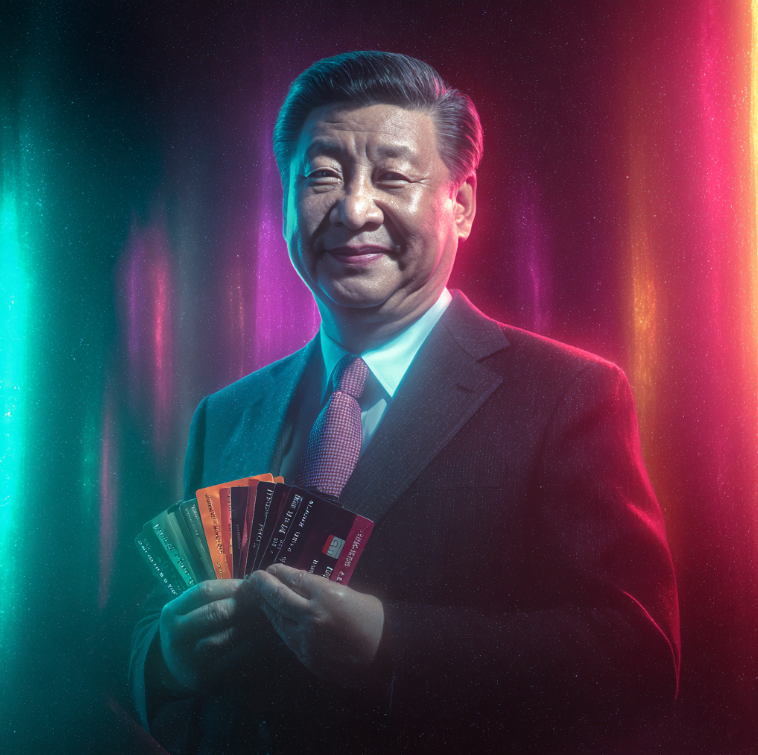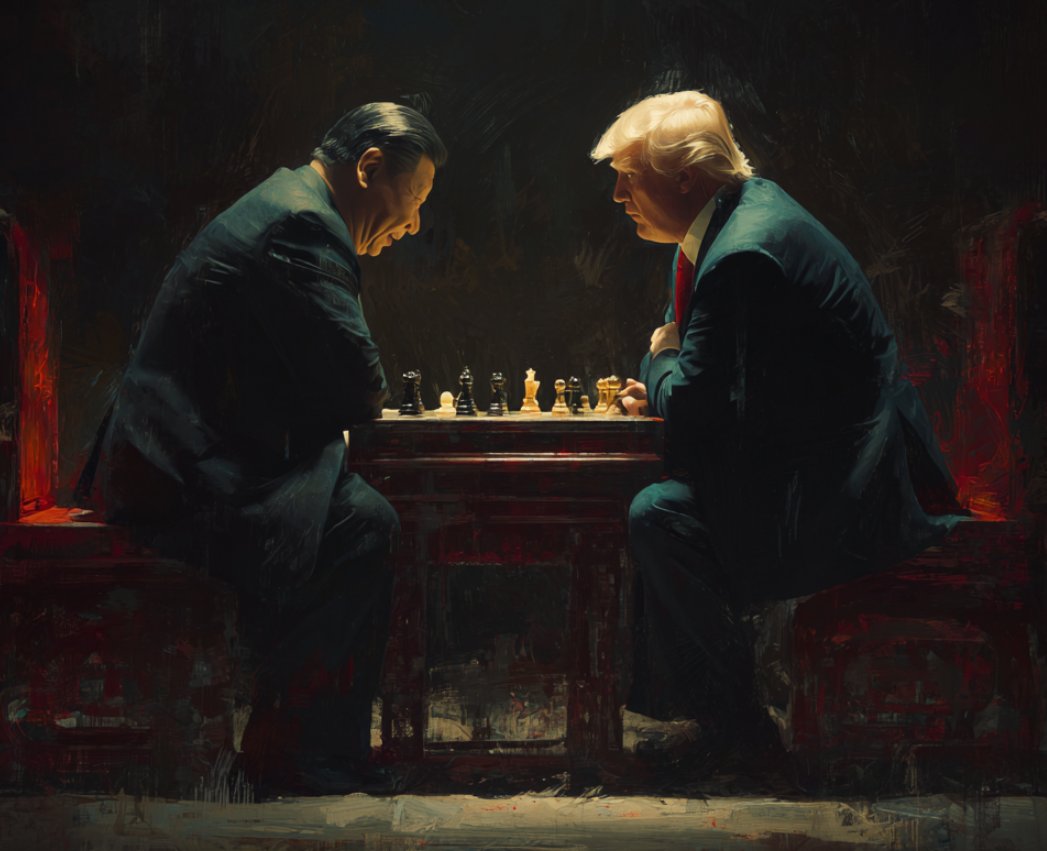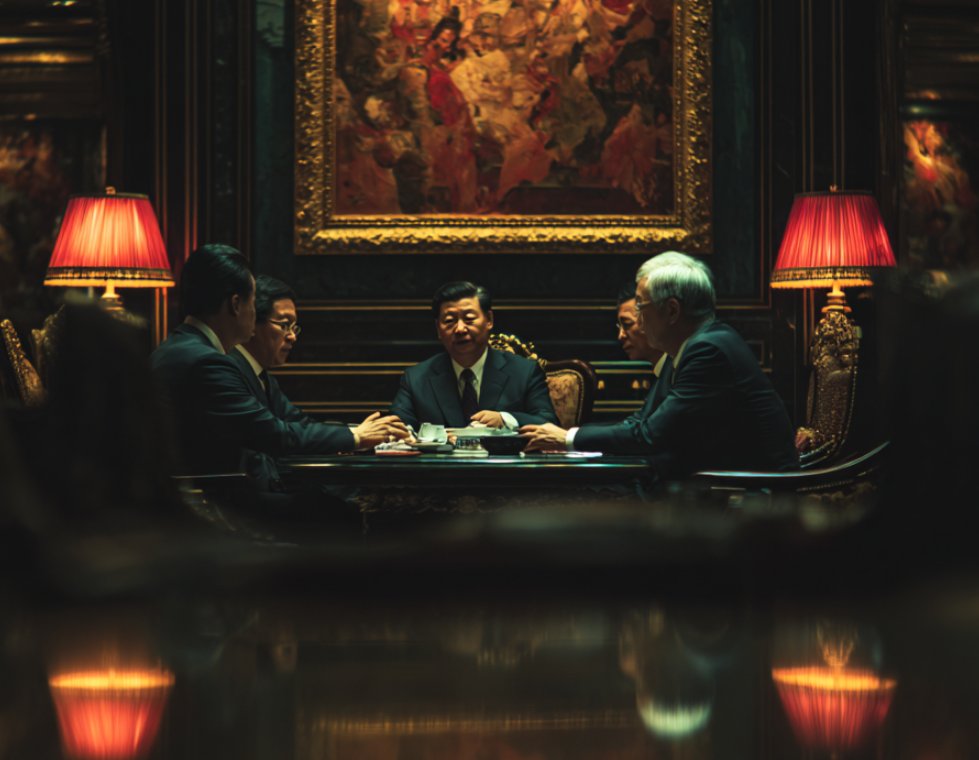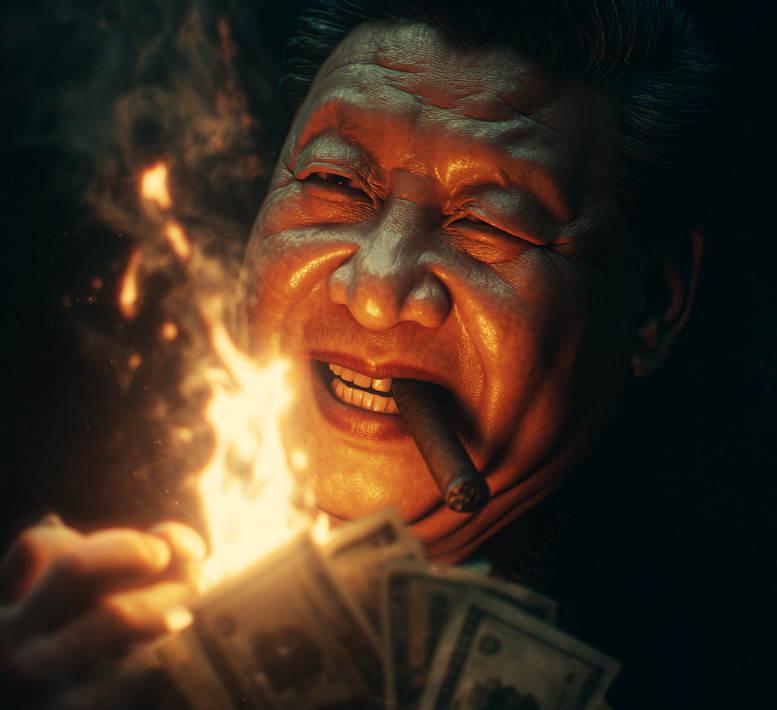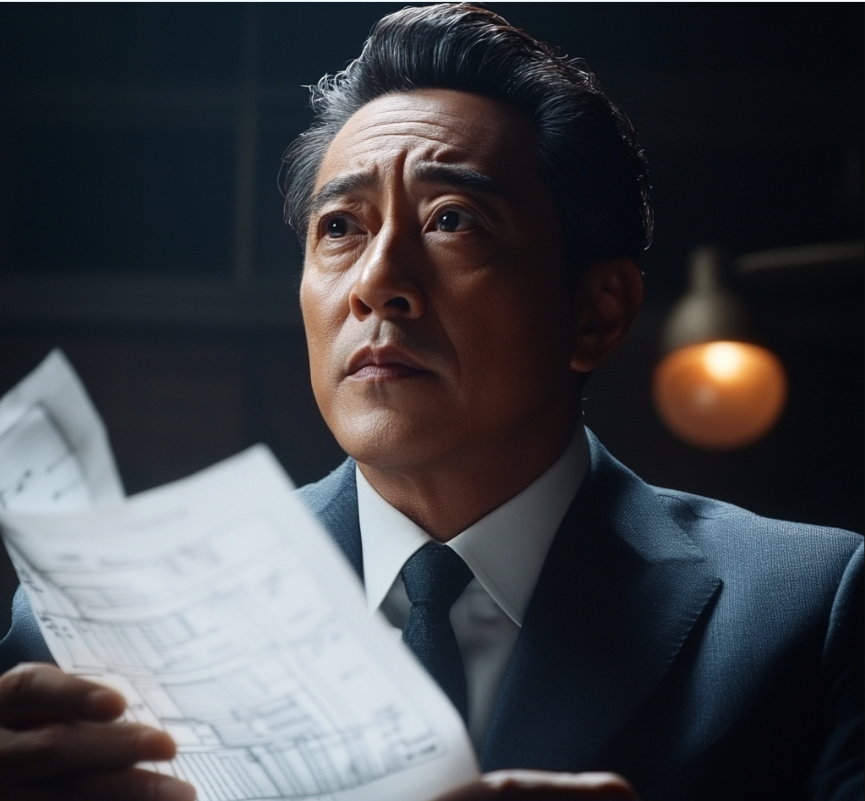1/20
The Chinese central bank could soon resume the purchase of government bonds, after putting the practices on ice at the start of the year.
The move embodies the joint coordination of monetary and fiscal policy by China that sets it apart from other major economies.
A 🧵:
The Chinese central bank could soon resume the purchase of government bonds, after putting the practices on ice at the start of the year.
The move embodies the joint coordination of monetary and fiscal policy by China that sets it apart from other major economies.
A 🧵:

2/20
Macroeconomic policy refers to government policies that affect the economy as a whole - in particular aggregate levels of demand..
Its two main branches are fiscal policy - government spending and taxation decisions - and monetary policy - interest rates and the money supply.
Macroeconomic policy refers to government policies that affect the economy as a whole - in particular aggregate levels of demand..
Its two main branches are fiscal policy - government spending and taxation decisions - and monetary policy - interest rates and the money supply.
3/20
A key feature of China’s macroeconomic policy is the unified control of both monetary and fiscal policy by the State Council - Beijing’s government cabinet.
In other major economies, there is usually a rigorous separation between fiscal and monetary policy.
(Thanks for reading - sign up for critical intelligence on China’s economy read by the world’s leading global macro investors and hedge fund managers: chinabankingnews.com)
A key feature of China’s macroeconomic policy is the unified control of both monetary and fiscal policy by the State Council - Beijing’s government cabinet.
In other major economies, there is usually a rigorous separation between fiscal and monetary policy.
(Thanks for reading - sign up for critical intelligence on China’s economy read by the world’s leading global macro investors and hedge fund managers: chinabankingnews.com)
4/20
This is to prevent democratically appointed governments from improving their election chances via monetary loosening. .
While this can boost the economy short-term, it can also lead to painful inflation further down the road.
This is to prevent democratically appointed governments from improving their election chances via monetary loosening. .
While this can boost the economy short-term, it can also lead to painful inflation further down the road.
5/20
For this reason monetary policy - in the form of control of interest rates and the money supply - is determined by a central bank headed by a government-appointed official, who in theory operates independently of whichever party holds office.
For this reason monetary policy - in the form of control of interest rates and the money supply - is determined by a central bank headed by a government-appointed official, who in theory operates independently of whichever party holds office.
6/20
Fiscal policy - in the form of government spending and taxation decisions - is determined by an elected official, drawn from the ranks of whichever party currently wields power.
(Thanks for reading - sign up for critical intelligence on China’s economy read by the world’s leading global macro investors and hedge fund managers: chinabankingnews.com)
Fiscal policy - in the form of government spending and taxation decisions - is determined by an elected official, drawn from the ranks of whichever party currently wields power.
(Thanks for reading - sign up for critical intelligence on China’s economy read by the world’s leading global macro investors and hedge fund managers: chinabankingnews.com)
7/20
Because China is under the control of a single party, there is no need for concern that policymakers will use monetary policy to prime the economy, for short-term gain at the cost of potential long-term pain.
Because China is under the control of a single party, there is no need for concern that policymakers will use monetary policy to prime the economy, for short-term gain at the cost of potential long-term pain.
8/20
This gives Beijing the arguable advantage of being able to employ fiscal and monetary policy in unison, to make more coordinated and potentially more effective macroeconomic adjustments.
(Thanks for reading - sign up for critical intelligence on China’s economy read by the world’s leading global macro investors and hedge fund managers: chinabankingnews.com)
This gives Beijing the arguable advantage of being able to employ fiscal and monetary policy in unison, to make more coordinated and potentially more effective macroeconomic adjustments.
(Thanks for reading - sign up for critical intelligence on China’s economy read by the world’s leading global macro investors and hedge fund managers: chinabankingnews.com)
9/20
Last year, the Chinese central bank and the Ministry of Finance established a Joint Work Team (联合工作组) to further strengthen the coordination of fiscal and monetary policy.
This was embodied by the central bank’s launch of the trading of Chinese government bonds, just as the Ministry of Finance readied an increase in issuance to raise funds for fiscal stimulus.
Last year, the Chinese central bank and the Ministry of Finance established a Joint Work Team (联合工作组) to further strengthen the coordination of fiscal and monetary policy.
This was embodied by the central bank’s launch of the trading of Chinese government bonds, just as the Ministry of Finance readied an increase in issuance to raise funds for fiscal stimulus.
10/20
During the five months from August to December 2024, the Chinese central bank made monthly net treasury purchases of 100 billion, 200 billion yuan, 200 billion yuan, 200 billion yuan and 300 billion yuan.
This translated into 1 trillion yuan of net purchases.
During the five months from August to December 2024, the Chinese central bank made monthly net treasury purchases of 100 billion, 200 billion yuan, 200 billion yuan, 200 billion yuan and 300 billion yuan.
This translated into 1 trillion yuan of net purchases.
11/20
In October 2024, the Ministry of FInance and the Chinese central bank held the first meeting of the Joint Work Team.
The meeting made the central bank’s trading of government bonds an “important means of diversifying the monetary policy tool kit and strengthening the management of liquidity.”
In October 2024, the Ministry of FInance and the Chinese central bank held the first meeting of the Joint Work Team.
The meeting made the central bank’s trading of government bonds an “important means of diversifying the monetary policy tool kit and strengthening the management of liquidity.”
12/20
The Chinese central bank said that “the chief purpose of trading in government bonds is to inject base money and manage liquidity - we will both buy up and sell out.”
The authority also said that it would “use flexible coordination with other instruments to raise the scientific and precision management of short, medium and long-term liquidity.”
The Chinese central bank said that “the chief purpose of trading in government bonds is to inject base money and manage liquidity - we will both buy up and sell out.”
The authority also said that it would “use flexible coordination with other instruments to raise the scientific and precision management of short, medium and long-term liquidity.”
13/20
The move brings the Chinese central bank’s execution of monetary policy more closely in line with mainstream global practice.
This in general involves the purchase and sale of government securities by a central bank or monetary authority as part of its open market operations.
The move brings the Chinese central bank’s execution of monetary policy more closely in line with mainstream global practice.
This in general involves the purchase and sale of government securities by a central bank or monetary authority as part of its open market operations.
14/20
Since January of this year, however, the Chinese central bank has suspended the trading of government bonds as part of its open market operations.
This is despite Beijing flagging large-scale fiscal and monetary stimulus for 2025.
Since January of this year, however, the Chinese central bank has suspended the trading of government bonds as part of its open market operations.
This is despite Beijing flagging large-scale fiscal and monetary stimulus for 2025.
15/20
As the final quarter fast approaches, expectations within China of the resumption of government bond trading by the Chinese central bank are now on the rise.
(Thanks for reading - sign up for critical intelligence on China’s economy read by the world’s leading global macro investors and hedge fund managers: )chinabankingnews.com
As the final quarter fast approaches, expectations within China of the resumption of government bond trading by the Chinese central bank are now on the rise.
(Thanks for reading - sign up for critical intelligence on China’s economy read by the world’s leading global macro investors and hedge fund managers: )chinabankingnews.com
16/20
The Ministry of Finance and the Chinese central bank held the second meeting of their Joint Work Team in early September.
The meeting reportedly discussed topics include the management of government bond issues, and how the central bank will engage in related transactions.
The Ministry of Finance and the Chinese central bank held the second meeting of their Joint Work Team in early September.
The meeting reportedly discussed topics include the management of government bond issues, and how the central bank will engage in related transactions.
17/20
Domestic analysts say the meeting points to the increased possibility of the resumption of government bond transactions by China’s central bank before the end of this year.
They say this would mean more liquidity and stabilisation of China’s financial markets, as well as a boost to economic performance.
Domestic analysts say the meeting points to the increased possibility of the resumption of government bond transactions by China’s central bank before the end of this year.
They say this would mean more liquidity and stabilisation of China’s financial markets, as well as a boost to economic performance.
18/20
Zhang Xu (张旭), chief fixed income analyst at Everbright Securities, said to state-owned China Securities Journal that the central bank’s trading of government bonds would mean “further expansion of counter-cyclical monetary policy adjustments” (“稳增长扩内需 财政货币政策协同性将继续增强.”)
“The focus will be on expansion of demand, invigorating confidence, and driving the ongoing improvement of the economy,” Zhang said.
Zhang Xu (张旭), chief fixed income analyst at Everbright Securities, said to state-owned China Securities Journal that the central bank’s trading of government bonds would mean “further expansion of counter-cyclical monetary policy adjustments” (“稳增长扩内需 财政货币政策协同性将继续增强.”)
“The focus will be on expansion of demand, invigorating confidence, and driving the ongoing improvement of the economy,” Zhang said.
19/20
Wang Qing (王青), chief macroeconomic analyst at Golden Credit Rating, also pointed to greater coordination of fiscal and monetary policy, as embodied by the Chinese central bank’s use of multiple monetary policy tool as an “advanced convoy” for government bond issues.
“This year, the government has expanded the scale and stepped up the pace of bond issues, and each month has been basically a peak for issuance,” Wang said.
Wang Qing (王青), chief macroeconomic analyst at Golden Credit Rating, also pointed to greater coordination of fiscal and monetary policy, as embodied by the Chinese central bank’s use of multiple monetary policy tool as an “advanced convoy” for government bond issues.
“This year, the government has expanded the scale and stepped up the pace of bond issues, and each month has been basically a peak for issuance,” Wang said.
20/20
“Since the start of the year, the central bank has reduced interest rates and the reserve ratio when necessary, and continued to undertake expansions and extensions of MLF and outright reverse repo operations, to keep liquidity in an ample condition,” Wang said.
“This has provided a positive monetary and financial environment for the issuance of government bonds.”
(Thanks for reading - sign up for critical intelligence on China’s economy read by the world’s leading global macro investors and hedge fund managers: chinabankingnews.com)
“Since the start of the year, the central bank has reduced interest rates and the reserve ratio when necessary, and continued to undertake expansions and extensions of MLF and outright reverse repo operations, to keep liquidity in an ample condition,” Wang said.
“This has provided a positive monetary and financial environment for the issuance of government bonds.”
(Thanks for reading - sign up for critical intelligence on China’s economy read by the world’s leading global macro investors and hedge fund managers: chinabankingnews.com)
• • •
Missing some Tweet in this thread? You can try to
force a refresh


